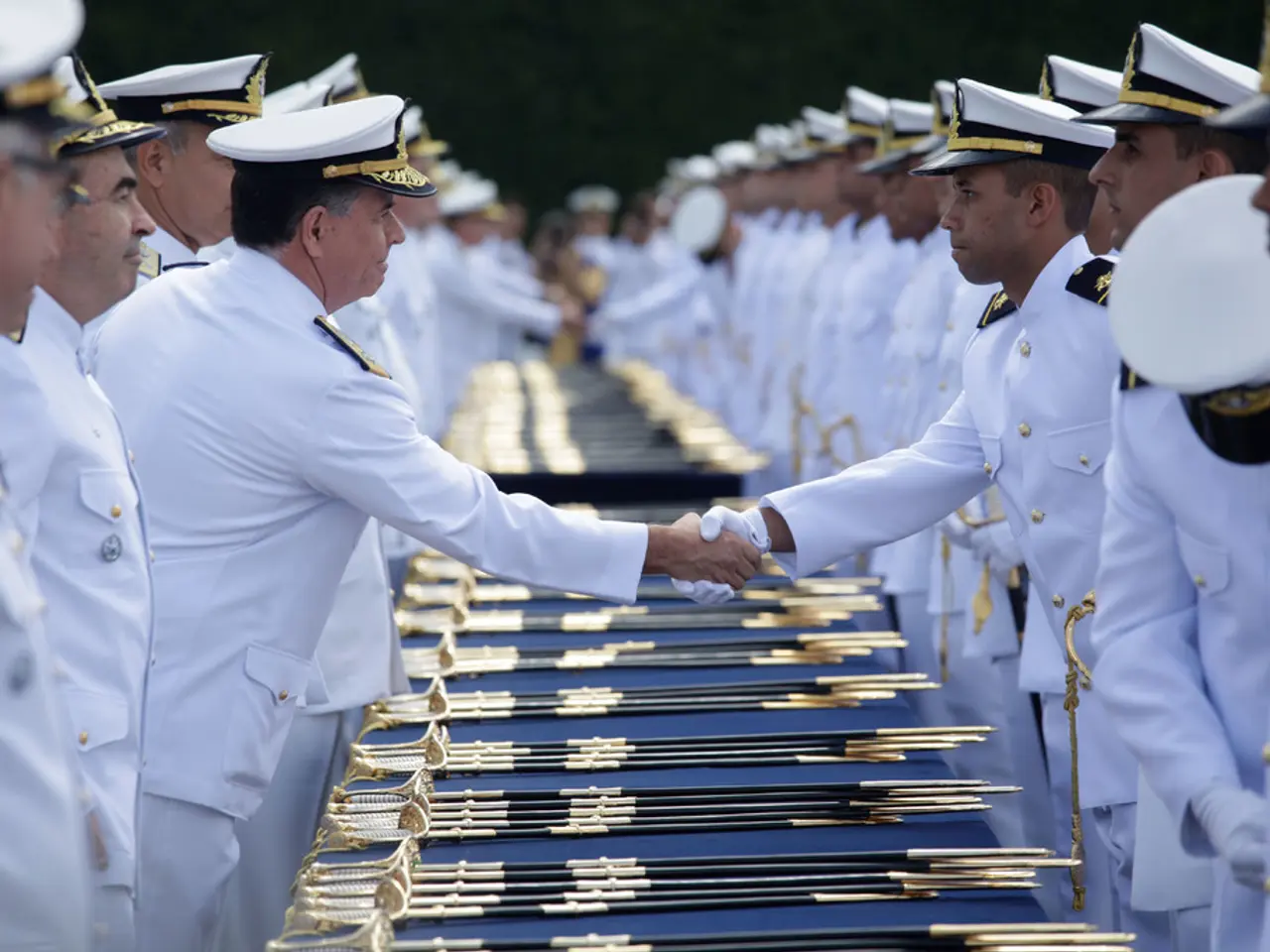Olympic Athletes' Earnings: A Stunning Cross-Country Analysis for the Paris 2024 Games
The upcoming Paris 2024 Olympic Games, set to host thousands of athletes representing their countries, has sparked a much-needed conversation about financial inequities that persist in the Olympic system. The question at the forefront: why isn't there a unified, comprehensive system to financially reward all Olympic athletes?
Historically, the Olympics began as an amateur competition, founded by Baron Pierre de Coubertin in 1894, with the aim of educating youth and building a better world. However, the financial landscape for athletes has evolved significantly since then, with many relying on a complex mix of factors for support.
Currently, most Olympic athletes do not receive a steady paycheck for training and competing. Financial compensation varies widely among National Olympic Committees (NOCs), with significant disparity among them. For instance, Australia pays gold medalists AUD $20,000, while the USA offers USD $37,500. In contrast, Team GB athletes receive nothing.
The International Olympic Committee (IOC) does not pay athletes for winning medals. Instead, it distributes its revenue to international federations and NOCs. This leaves the onus on individual NOCs to decide how much, if any, financial support to provide to their athletes. NOCs have the discretion to pay athletes for winning medals, with varying approaches.
One notable exception is the International Boxing Association (IBA), which has pledged financial rewards for its athletes. Gold medalists receive USD $100,000, a significant sum compared to what many other NOCs offer. Singapore stands out with its pledge of up to SGD $1 million for an individual gold medal.
World Athletics has announced it will award prize money at the Paris 2024 Olympics, with gold medalists in track and field events receiving USD $50,000. This move is a step towards addressing the financial disparities that persist in the Olympic system.
The disparity among NOCs arises mainly due to differences in funding models, resources, and the generation of media revenue or sponsorship dollars. Wealthier NOCs or those from countries with strong government sports programs can afford to offer larger stipends, direct salaries, or performance bonuses to their athletes. On the other hand, Olympic and non-revenue sports generally do not generate significant media revenue or sponsorship dollars, limiting funds available for athlete compensation.
In places like the U.S., recent changes in the NCAA regarding athlete compensation have complex implications on Olympic athletes’ funding, who often compete outside such systems. Many sports and countries rely on external sponsorships, government grants, and scholarships, which vary widely and may be unstable or insufficient to fully support athletes financially.
The disparity in financial rewards raises ethical and practical questions about the sustainability of the current system. It is time for the IOC and NOCs to reassess their priorities and create a more equitable system that supports and rewards athletes. The Paris 2024 Olympic Games provide a unique opportunity to address these issues and ensure a fair and sustainable future for Olympic athletes.
Winning medals at the Olympics brings athletes fame, recognition, and respect. However, it should also bring financial stability and security. The Paris 2024 Olympic Games should address the financial inequities that persist in the Olympic system, ensuring that all athletes, regardless of their NOC, are fairly compensated for their hard work and dedication.
In the Olympic system, while Australia pays gold medalists AUD $20,000 and the USA offers USD $37,500, Team GB athletes receive nothing, highlighting the varying financial rewards among National Olympic Committees (NOCs). The current financial landscape for athletes, with many relying on a complex mix of factors for support, necessitates a unified, comprehensive system to financially reward all Olympic athletes. This disparity in financial rewards, such as the one between Australian and British athletes, raises ethical and practical concerns about the sustainability of the current system.




